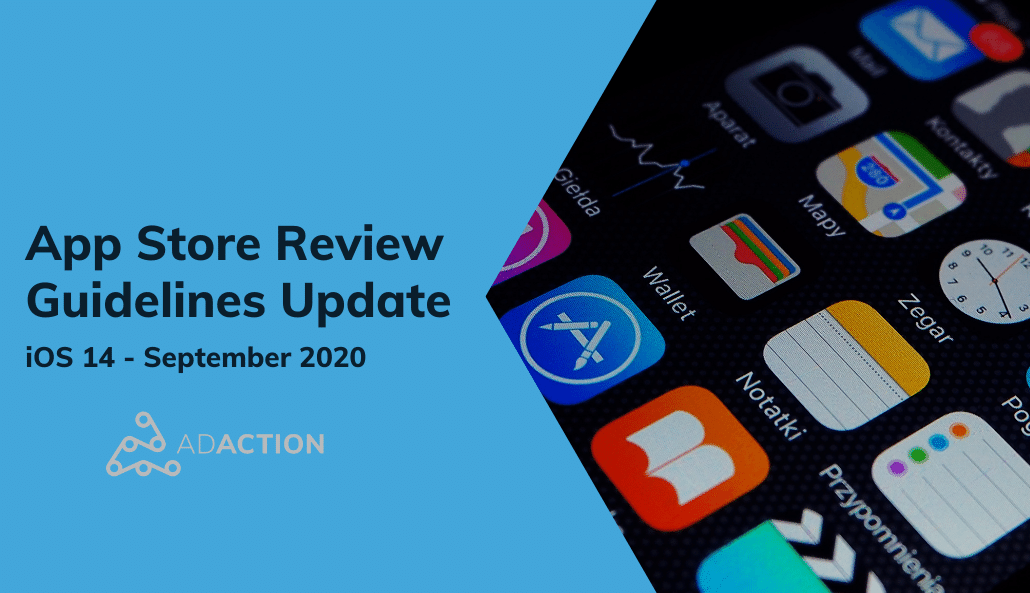Recently, Apple announced changes to the App Store review guidelines, coinciding with the iOS 14 updated. Apple explains the updates are to “better protect customers and help apps go through the review process smoothly.”
The published announcement includes both changes and clarifications. How will these updates impact your App Store Optimization (ASO) strategies?
Introducing Widgets and Apple Clips
Two new tools are now available, widgets and Apple Clips. Widgets offer an addendum to app functionality information. This addition is ideal for those apps that publish real-time information, such as weather reports or calendar reminders. You can create widgets in various formats.
Apple Clips enable users to test an app before they download or purchase it. This practice could lead users to be more “committed” to an app when they download. Conversely, it could also prevent downloads if users don’t find value in the app.
Developers can also create free standalone as complements to paid services. However, users can only make purchases in these apps using Apple’s in-app purchases (which equates to a 30% cut for Apple). If the app is a one-to-one service like training or tutoring, app owners can accept all payment systems.
Apple confirms that widgets and Apple Clips cannot include advertising. However, this is an opportunity to share meaningful content and experiences for users and could boost ASO.
Streaming Games Now Allowed? Sort Of
The new role sounds like it allows game streaming services, but there are many restrictions. Cloud game-streaming is permissible, but every game must have its own App Store listing. This listing must include a separate download and home screen icon. It must also adhere to all rules regarding parental controls as well as permissions to access the device’s microphone.
These streaming services can have a “catalog” app to find games, but it must point to the specific game listing. Google Stadia nor Microsoft’s xCloud will work under these limitations.
Additional Clarifications
In the clarifications section of the rules, Apple provides moves to reduce ambiguity. Here are a few of those:
- No hidden, dormant, or undocumented features.
- All new features or functions require a description in the Notes for Review section of App Store Connect, and they will reject generic descriptions.
- Don’t stuff metadata with trademarked terms, popular app names, pricing information, or irrelevant phrases.
New Rules, No Real Impact
The publication of these changes isn’t life-changing for developers or mobile app marketers. Most would agree that Apple’s move on widgets and Apple Clips will deter any abuse. Developers now have a bit more clarity on App Store review guidelines, which should reduce errors and rejections.
Have questions about how these changes may impact your mobile app marketing? Contact us today, and we’ll be glad to help.



